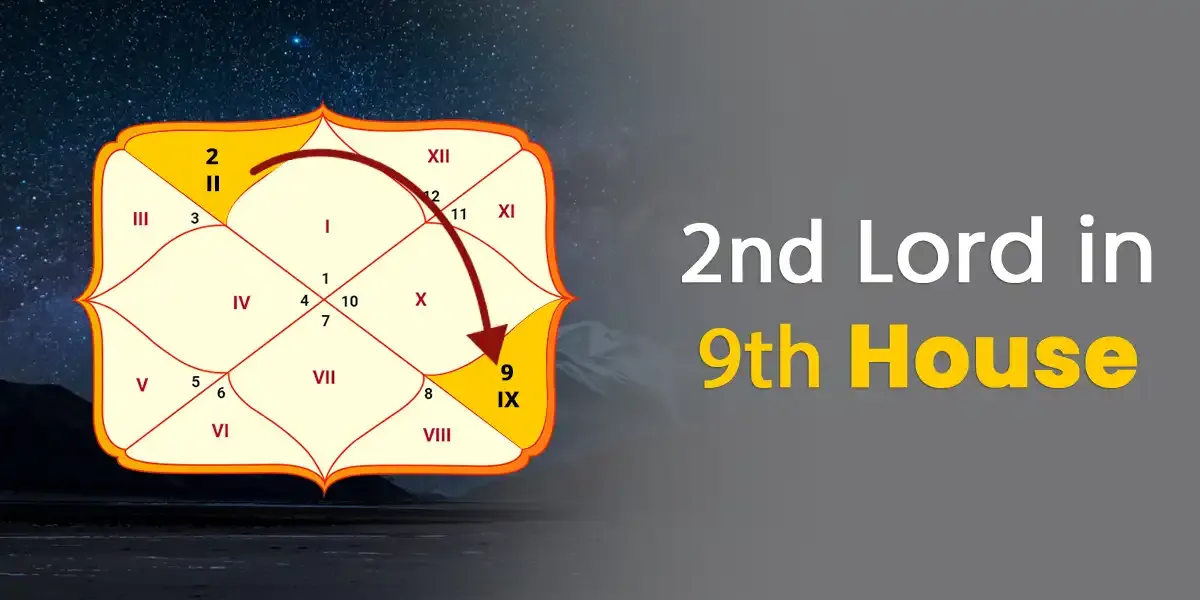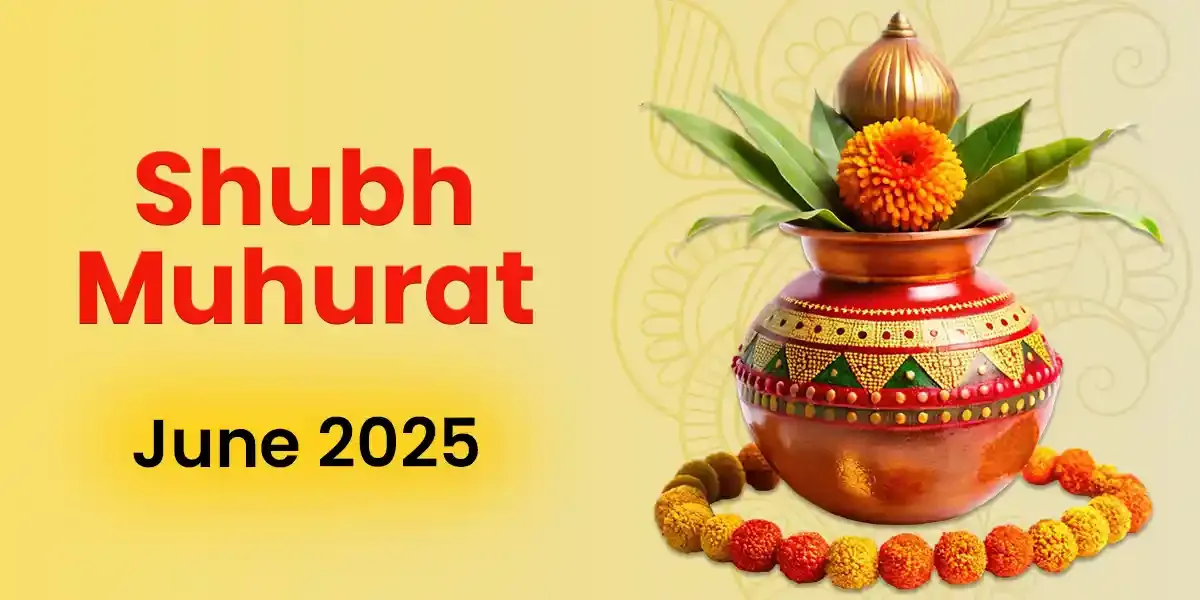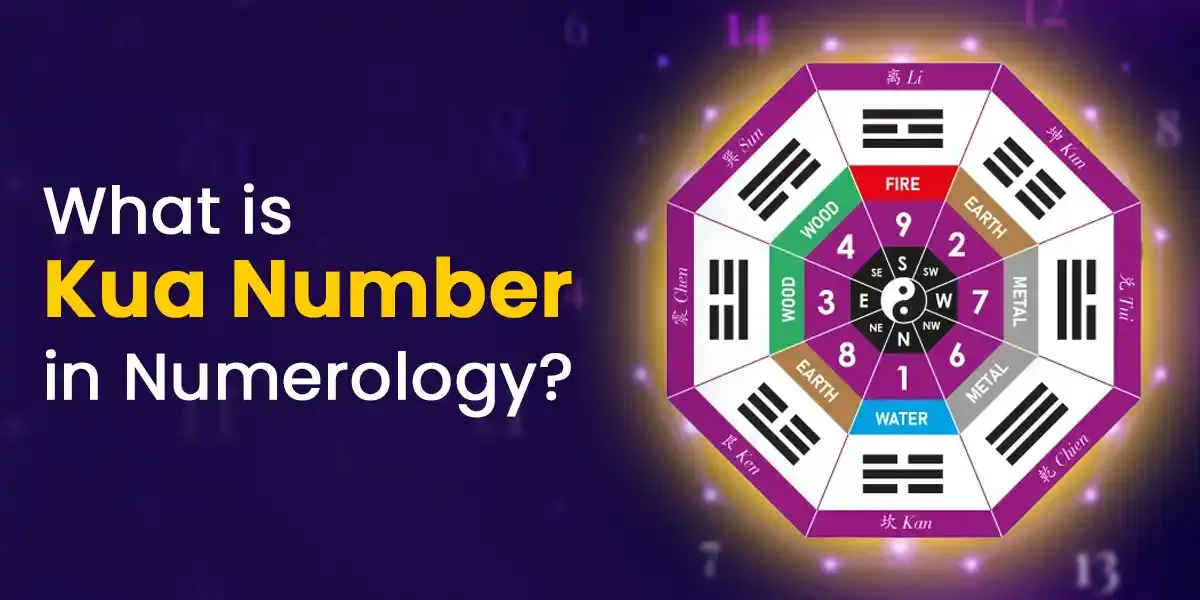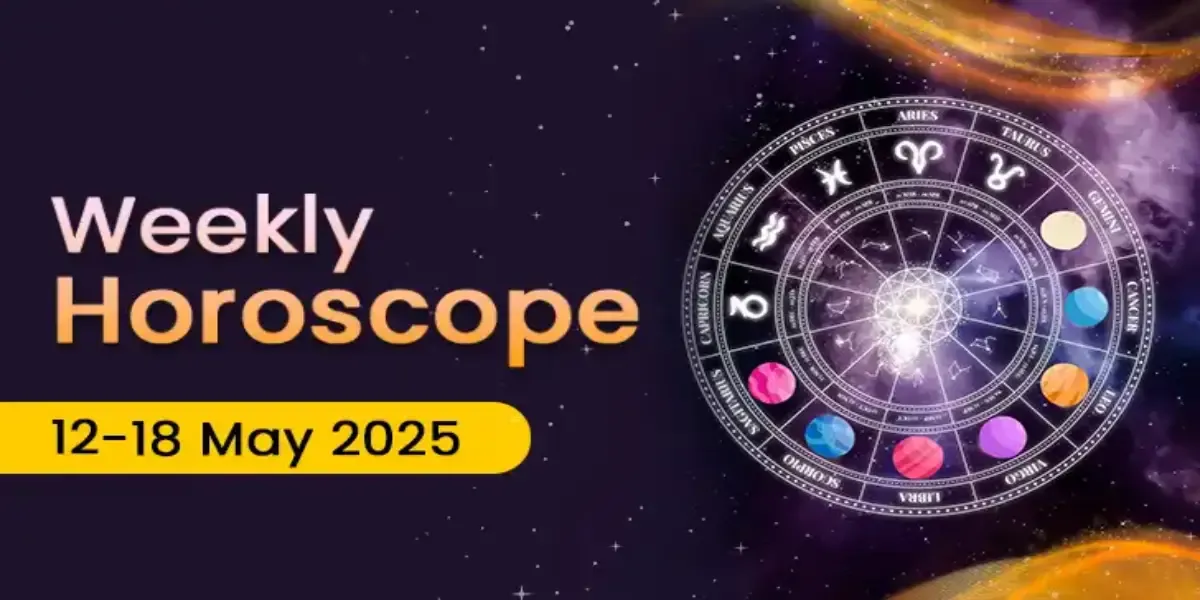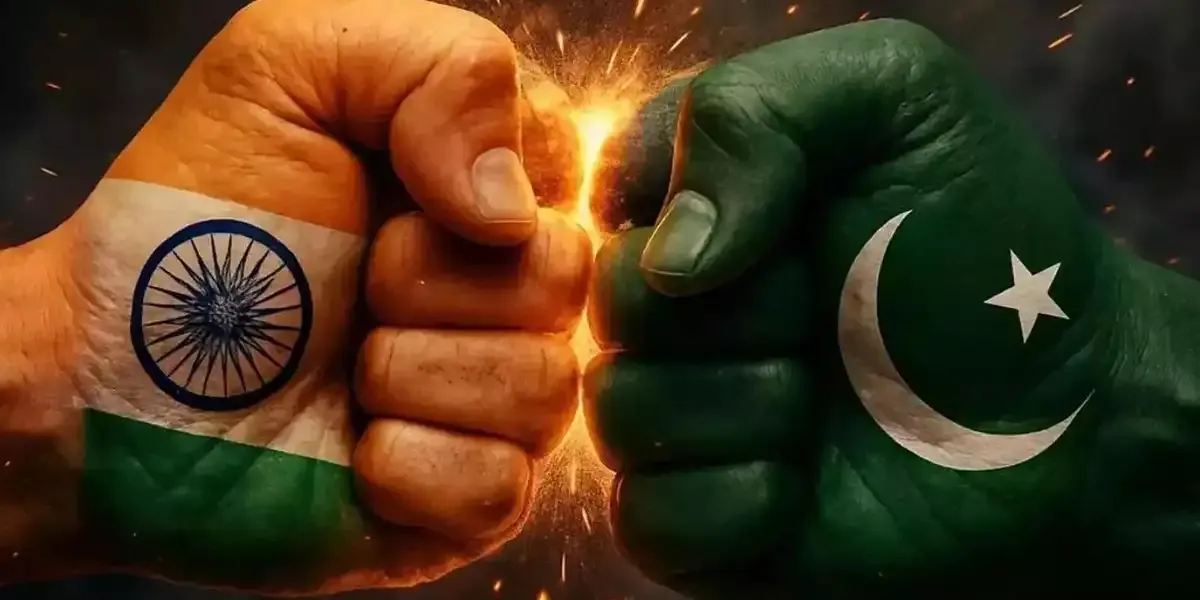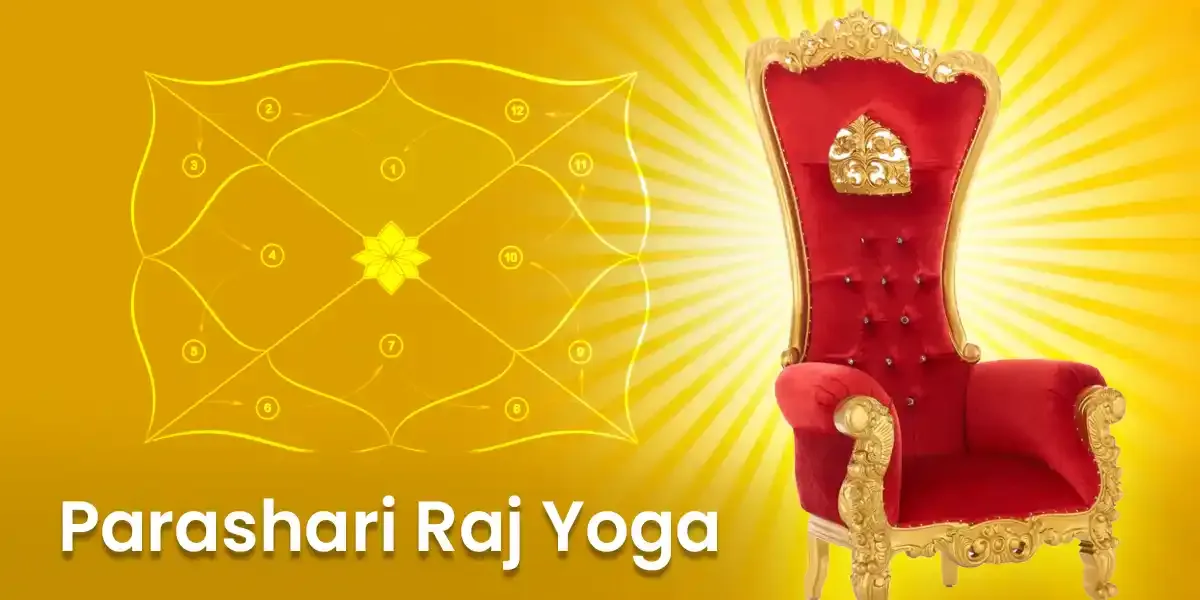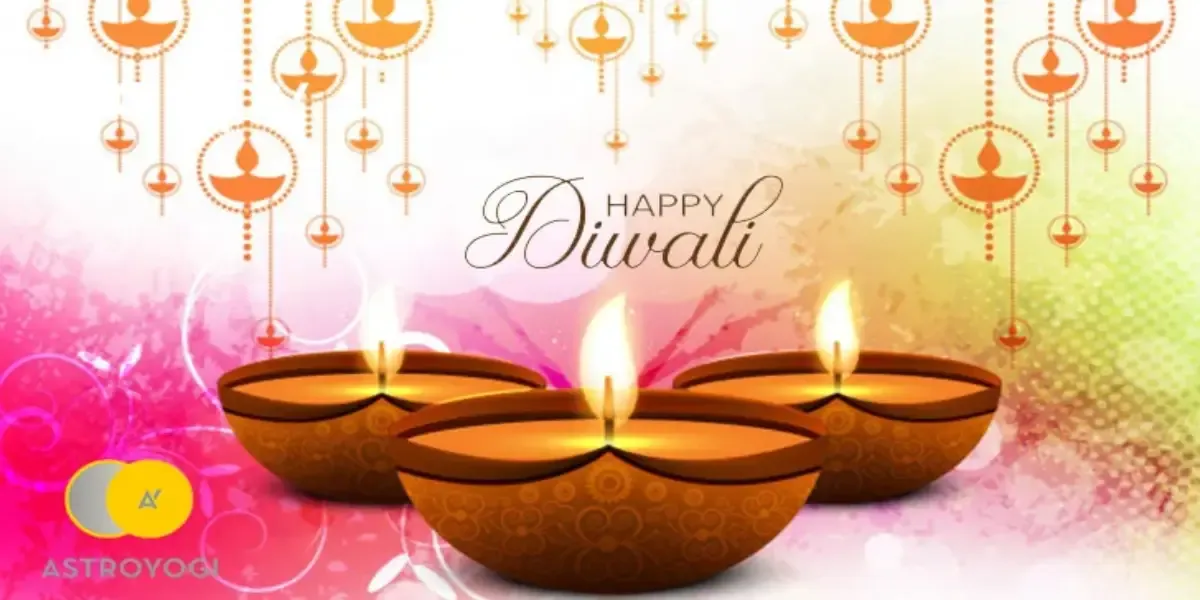
You cannot deny the fact that Diwali is the biggest and most important Hindu festival. The festival of Diwali or Deepavali is celebrated with great enthusiasm across India. Diwali is celebrated during the Hindu Lunisolar month of Kartika, which falls sometime during October or November. The Diwali festivities start from Dhanteras. The Diwali 2020 is on 14th November 2020..
Reach out to the best astrologers at Astroyogi! Call Now!
Significance of Diwali
The festival of Diwali or Deepavali gets its name from the rows or ‘avali’ of clay lamps or ‘deep’ that are lit outside the homes on this day. The lamps symbolise the inner light that protects us from spiritual and moral darkness. This is why this festival is also popularly known as the ‘festival of lights.’ The festival is widely associated with Goddess Lakshmi, the Goddess of wealth and prosperity. In some regions like in West Bengali, Goddess Kali is also worshipped. Furthermore, in some parts of India, this festival is a celebration of Lord Rama.
This festival is celebrated for Lord Rama, the seventh incarnation or avatar of Lord Vishnu. It is believed that on this day, people celebrated Lord Rama’s return to Ayodhya after defeating the demon-king Ravana. After 14 years of exile, Lord Rama came back to Ayodhya. People celebrated his return by lighting lamps filled with ghee. It is believed that, despite it being Amavasya or New moon night, everything was illuminated because of the thousands of lamps that were lit to welcome Lord Rama. This removal of darkness becomes symbolic. Therefore, this festival symbolises the victory of light over darkness, knowledge over ignorance, and, most importantly, good over evil. On the one hand, Diwali is a festival that illuminates our lives; on the other hand, this day is also celebrated as a festival that brings happiness, wealth, and prosperity in our lives, which is why people pray to Goddess Lakshmi.
Diwali brings with it other festivals, like Dhanteras, Govardhan Puja, Bhai Dooj, etc. Thus, Diwali is a five-day festivity period that begins on Dhanteras and ends on Bhai Dooj. In the present time, the festival of Diwali has been able to transcend religious boundaries. Nowadays, people of all religions and backgrounds have started celebrating Diwali in their own ways. Therefore, this festival can bring together people from all different religions, regions, and backgrounds.
Legends Related to Diwali
As Diwali is celebrated in various regions all over the country, there are several legends associated with Diwali. Some of these legends are given below-
In Southern India, people believe that Lord Krishna defeated the demon named Narakasura and freed the people from his fear on this day.
In Eastern India, like West Bengal, Goddess Kali is worshipped on this day, and it is called Kali Puja. It is believed that she killed the demon, ‘Raktabija’.
This day is also celebrated as the day Lord Vishnu got victory over King Bali. Lord Vishnu had sent king Bali to the netherworld. This day is called ‘Bali Padyami’.
In Jainism, this day is celebrated as it marks the nirvana of Lord Mahavira.
Diwali is also essential for the Sikh community. This day they celebrate the freedom of the Sixth Sikh Guru, Guru Hargobind Ji, from the prison. This day is known as ‘Bandi Chhor Divas’ or ‘Day of Liberation’.
Diwali Puja Samagri
Idols of Goddess Lakshmi and Lord Ganesha
Roli
Kumkum
Paan
Akshat (rice)
Betel nut
Clove
Coconut
Cardamom
Incense sticks
Camphor
Clay
Deepak
Cotton
Kalava
Curd
Honey
Gangajal
Jaggery
Fruits
Flowers
Barley
Wheat
Sandalwood
Durva grass
Vermilion (Sindoor)
Panchamrit
Milk
Meva
Kheel
Batashe
Ittar (Perfume)
Chowki
Kalash
Garland made of kamal gatte or dried lotus seeds
Janeu
Conch
Thali (Plate)
Silver coin
Asana for sitting
Havan Kund and havan materials
Mango leaves
Diwali 2020 and Lakshmi Puja
The day of Diwali is considered quite auspicious. On this day, if you worship Goddess Lakshmi with full devotion, you can obtain her grace. Goddess Lakshmi is the most important deity of Diwali Puja. You should clean your whole and decorate your homes with flowers to welcome the Goddess. For wealth, happiness, and prosperity, you should fast the whole day, and after the sun sets, you should pray to Goddess Laxmi in the ‘Sthir Lagna’ of ‘Pradosh Kaal’.
Given below is the Lakshmi Puja vidhi-
Place the idols of Goddess Lakshmi and Lord Ganesh on a chowki in such a way that Lord Ganesh should be on the right side of Goddess Lakshmi. Goddess Lakshmi should face towards the East.
Set the Kalash on the rice.
Wrap a coconut in red cloth and place it on the Kalash in such a way that only its front part is visible.
Take two large lamps. Put ghee in one and fill the other with oil. Place one at the feet of the idols and the other one to the right of the chowki.
Keep a small lamp near Lord Ganesh.
At the time of muhurat, use water, sandalwood, gulal, rice, incense sticks, jaggery, flowers, naivedya, etc. for sanctification. Then light up all the lamps (deepak). Lighting 26 lamps are considered auspicious. Then put rice on them. Worship Lord Ganesha and Goddess Lakshmi, along with other deities. Recite the Shri Sukta, Lakshmi Sukta, and Purusha Sukta and then perform aarti.
Worship the accounts’ books and then start recording in them.
Light several lamps and place them in different rooms of your house, courtyard, etc. Also, put lamps in every corner of your home so that light fills your home.
Put a small and four-headed lamp to worship Goddess Lakshmi. You should chant the following mantra-
“Namaste Sarvadevanam Varadasi Hare: Priya.
Ya Gatistvatprapannanaam Sa Me Bhooyaatvadarchanaat.”
Offer sweets and food items to God and offer Prasad to everyone.
After this, all the family members should touch the feet of the elders of the home.
Diwali Date and Time
Diwali 2020 is on 14th November 2020 (Saturday)
Lakshmi Puja Muhurta (Time) - 17:28 to 19:24
Pradosh Kaal- 17:28 to 20:07
Vrishabha Kaal - 17:28 to 19:24
Amavasya Tithi Begins- 14:17 (14th November 2020)
Amavasya Tithi Ends - 10:36 (15th November 2020)
Know the Muhurat of Lakshmi Puja on Diwali 2020 in Your City
You should know the correct auspicious time for the Lakshmi Puja according to the city or place you are worshipping in. Here is the Lakshmi Puja muhurat in your city.
Pune- 05:58 PM to 07:59 PM
New Delhi- 05:28 PM to 07:24 PM
Kolkata- 04:54 PM to 06:52 PM
Gurgaon- 05:29 PM to 07:25 PM
Mumbai- 06:01 PM to 08:01 PM
Jaipur- 05:37 PM to 07:33 PM
Chandigarh- 05:26 PM to 07:21 PM
Chennai- 05:41 PM to 07:43 PM
Bengaluru- 05:52 PM to 07:54 PM
Noida- 05:28 PM to 07:23 PM
If you want to get some more guidance for Lakshmi Puja this Diwali 2020, reach out to expert astrologers at Astroyogi.
Read About : Learn Everything about the Auspicious Occasion of Dhanteras
Our in-house team of writers comprises of vibrant, like-minded, and curious souls who are passionate about helping people find joy and motivation through the magic of words. Our writers are keen on using their skills to make the study of divination sciences a guiding tool in people's lives. They hold expertise in writing on a myriad of topics related to Indian Astrology, Spirituality, Planetary Movements, Vastu Shastra, Numerology, and Tarot among several others. The Astroyogi team aims to write articles that can help the readers lead a life of peace and tranquility whilst enjoying the many ups and downs of life!








